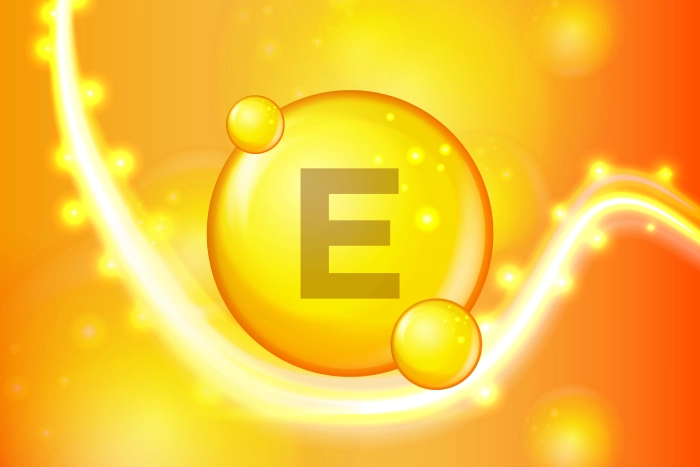Aphios Secures Patent for Efficient CBD Production Method
Aphios, a leading pharmaceutical company, has recently been granted US Patent No. 11,981,174 for an innovative thermal conversion process that transforms cannabidiolic acid (CBDA) into cannabidiol (CBD) and other carboxylic acid cannabinoids into their respective cannabinoids. This groundbreaking development marks a significant advancement in the manufacturing of pharmaceutical-grade CBD and other cannabinoids, adhering to the US FDA’s current Good Manufacturing Practices (cGMP).
The patented process addresses a fundamental aspect of cannabis chemistry. In marijuana plants, major cannabinoids originate from cannabigerolic acid (CBGA), which is then enzymatically converted into various carboxylic acids of cannabinoids, including CBDA and Δ9-tetrahydrocannabinolic acid (Δ9-THCA). These carboxylic acid forms are notably stable in both growing and freshly harvested plants.
Dr. Trevor P. Castor, President and CEO of Aphios Pharma LLC, elaborated on the company’s approach: “Our strategy prioritizes manufacturing efficiency and product stability. We begin by extracting and purifying carboxylic acid cannabinoids through a two-step process involving supercritical fluid extraction followed by chromatographic purification. Subsequently, we convert these purified carboxylic acid cannabinoids into pure cannabinoids using a low to medium-pressure reactor in an oxygen-free environment. This method not only maintains product quality but also significantly reduces manufacturing costs.”
The patented technique represents a leap forward in cannabinoid processing, potentially revolutionizing the production of CBD and other cannabis-derived compounds for pharmaceutical applications.
Commentary by SuppBase columnist Alice Winters:

Aphios’ newly patented thermal conversion process for cannabinoids marks a significant milestone in the evolving landscape of cannabis-derived pharmaceuticals. This innovation addresses several critical aspects of CBD production, potentially reshaping the industry’s approach to manufacturing high-quality, pharmaceutical-grade cannabinoids.
Firstly, the focus on converting carboxylic acid precursors to active cannabinoids is a shrewd strategy. By initially extracting the more stable CBDA and then converting it to CBD, Aphios tackles one of the major challenges in cannabinoid production: stability. This approach could lead to more consistent and reliable yields, a crucial factor in pharmaceutical manufacturing.
The use of supercritical fluid extraction followed by chromatographic purification demonstrates a commitment to purity and precision. These techniques are known for their ability to produce highly pure extracts without leaving harmful residues, aligning well with pharmaceutical standards. This level of purity is essential not only for meeting regulatory requirements but also for ensuring the efficacy and safety of the final product.
The oxygen-free, low to medium-pressure reactor environment for the conversion process is another noteworthy aspect. This controlled setting likely minimizes degradation and oxidation of the cannabinoids, preserving their potency and integrity. Such attention to detail in the manufacturing process can significantly impact the quality and shelf-life of the final product.
From a market perspective, this patent could give Aphios a considerable competitive edge. As the CBD market continues to grow and mature, differentiation through superior manufacturing processes becomes increasingly important. Aphios’ ability to produce high-quality, pharmaceutical-grade CBD more efficiently could position them as a preferred supplier for medical-grade cannabinoids.
However, it’s important to note that while this process represents a significant advancement in CBD production, it doesn’t necessarily translate to enhanced efficacy for consumers. The benefits are primarily in the realm of manufacturing efficiency and product consistency. Consumers and healthcare providers should still approach CBD products with due diligence, considering factors such as dosage, individual health conditions, and potential drug interactions.
Furthermore, as the cannabis industry continues to evolve, there may be increased scrutiny on the environmental impact of production methods. While the patent doesn’t explicitly address sustainability, future developments in this field should ideally balance efficiency with environmental considerations.
In conclusion, Aphios’ patent represents a notable advancement in cannabinoid manufacturing technology. It addresses key challenges in the production of pharmaceutical-grade CBD and other cannabinoids, potentially setting new standards for quality and efficiency in the industry. As the market for cannabis-derived pharmaceuticals continues to grow, innovations like this will play a crucial role in shaping the future of cannabis medicine.



